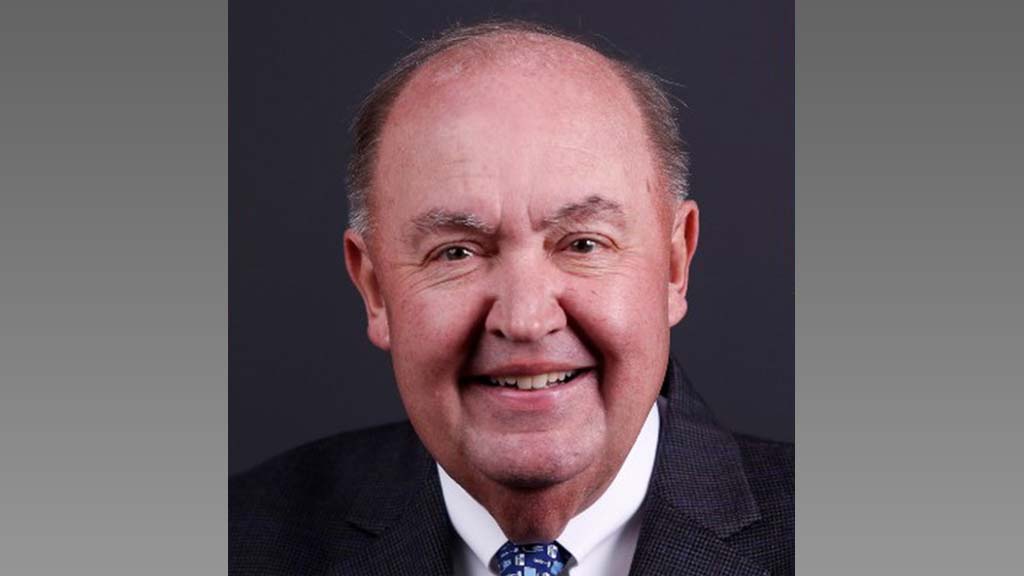Draft treaty would extend broadcast copyrights by 50 years
The professional video industry's #1 source for news, trends and product and tech information. Sign up below.
You are now subscribed
Your newsletter sign-up was successful
A United Nations body in Geneva has recommended extending broadcasters' rights to control public use of their material on the airwaves and over the Internet by 50 years, a move critics called a blatant power grab by media companies.
The 50-year time period is more than twice that currently allowed in most countries. A key committee of the World Intellectual Property Organization (WIPO) produced a draft text for a treaty. It is scheduled for discussion at the 180-nation agency's annual assembly in September.
Copyright law for broadcasters has not been updated since 1961 and the new treaty may extend to webcasters. WIPO's assembly will have to endorse the recommendations before a diplomatic conference can take place to finalize the treaty in late 2005 or early 2006.
Campaigners for public access to broadcast material have condemned the draft, saying the treaty is being pushed through against protests from developing countries such as Brazil, China, Egypt and India. They argue that broadcast signals should be protected, but the actual content of programs should remain in the public domain.
Robin Gross, of the U.S. civil liberties group IP Justice, said the proposed treaty would restrict public access to news events and give broadcasters greater rights than creators of material.
Broadcasters say they need updated copyright protection to protect their investments against public distribution, especially on the Internet.
Extending broadcasters' copyright won’t affect public access to material for the purposes of news reporting, research and private study, all of which are covered by existing exceptions, said Tom Rivers, an external adviser to the Association of Commercial Television, which represents European broadcasters.
The professional video industry's #1 source for news, trends and product and tech information. Sign up below.
